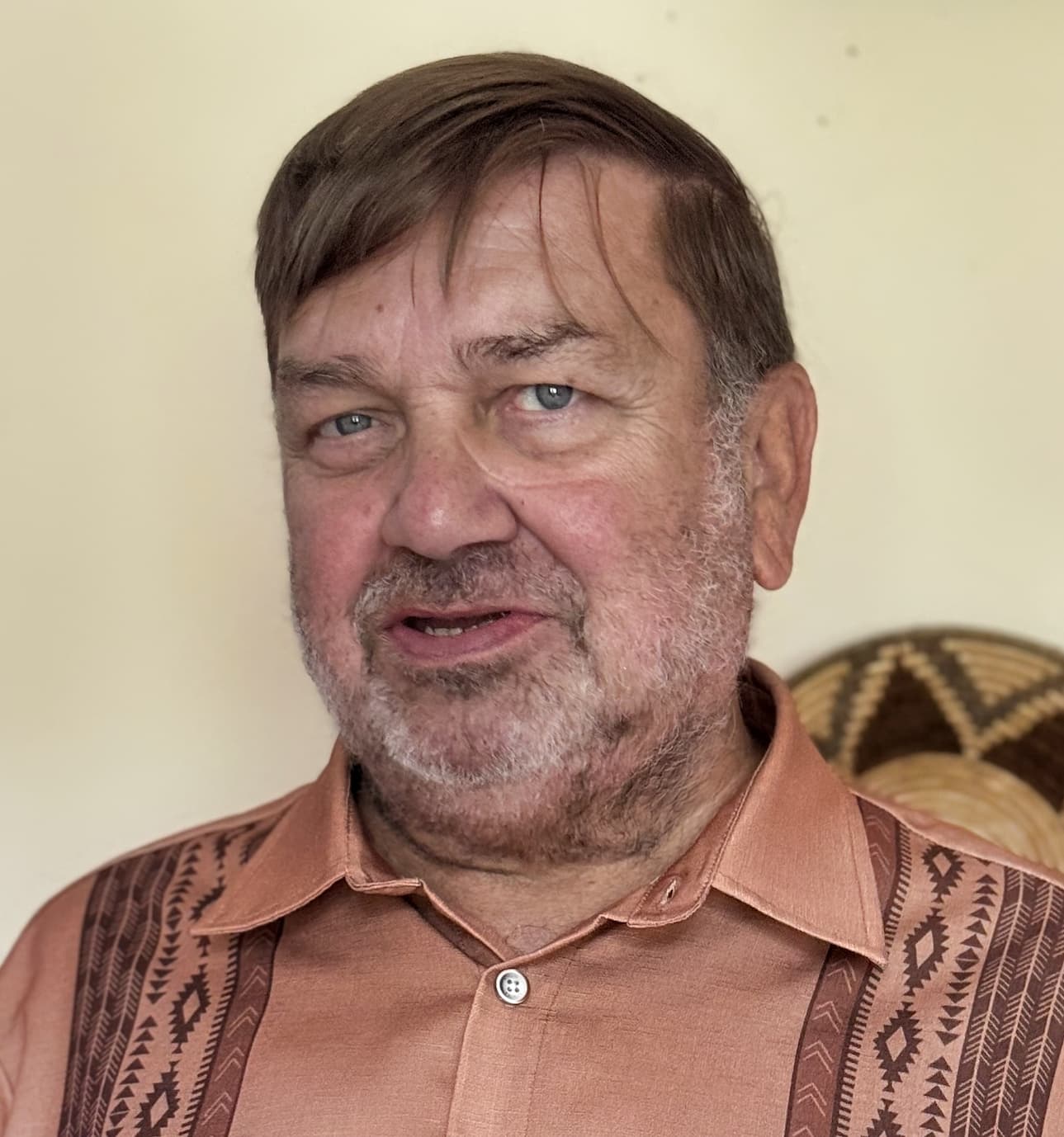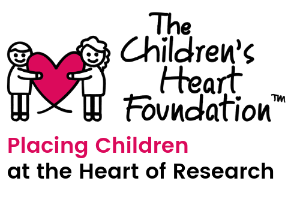Vaccine against HPV
Vaccine against HPV
The HPV vaccine protects against infection by certain types of human papillomavirus (HPV). HPV can cause genital warts and cervical cancer. The HPV virus also has been linked to other types of cancers, including vaginal cancer, vulva, penis, anal, mouth and throat. HPV is a common virus that is transmitted by sexual contact.
Two vaccines called HPV2 (Cervarix) and HPV4 (Gardasil) are approved. Both vaccines protect against the two types of HPV that cause the majority of the cases of cancer cervical. Other less common types of HPV may even cause cervical cancer. HPV4 (Gardasil) also protects against two other HPV types that cause most of the cases of genital warts in men and women.
These vaccines do not treat cervical cancer are preventive.
WHO SHOULD RECEIVE THIS VACCINE?
HPV4 (Gardasil) is approved for: females ages 9-26 to protect against cervical cancer and to prevent genital warts. Males ages 9 to 26 to prevent genital warts
HPV2 (Cervarix) is approved for: females from age 10 to 26 to help protect against cervical cancer.
Girls 11 to 26 years of age should receive the series of the vaccine for HPV Gardasil or Cervarix. Children ages 11 to 26 must receive the HPV4 vaccine Gardasil series.
The vaccine is given in three injections over a period of 6 months. Second and third injections are given 2 and 6 months after the first. Those who have not completed the series full vaccine should get the shots missing.
The women pregnant not should receive this vaccine. However, there has been no problem in women who received the vaccine during pregnancy, before they knew they were pregnant.
HPV vaccine does not protect against all types of HPV that lead to cervical cancer. Girls and women should still regulate receive (PAP) to look for early signs of cervical cancer and precancerous changes. The HPV vaccine does not protect against other infections that can be transmitted during sexual contact.



